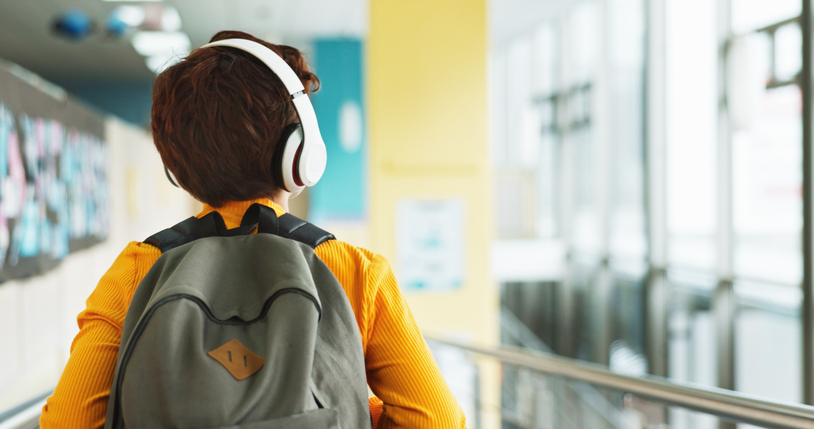After schools throughout the country closed in Spring 2020 due to COVID-19, homeschooling increased significantly in the 2020-21 school year. The surge has been accompanied by some calls to ban homeschooling.
According to the Census Bureau, 11 percent of households with school aged children homeschooled this year, double the level in April 2020. Alaska had the highest percentage of homeschooling families, at 28 percent, followed by Oklahoma at 20 percent; Alabama was middle of the pack at 12 percent.
Homeschooling has long been associated with red state conservatives. Yet blue states have seen large increases. For instance, homeschooling increased from one to nine percent in Boston and by 12 percentage points in Detroit. Sixteen and twelve percent of Black and Hispanic households were homeschooling, demonstrating the breadth of the surge.
These figures are from the Census’ Household Pulse Survey. The questions tried to distinguish virtual schooling from homeschooling, but mistakes may inflate the homeschool percentage some. Still, many school systems suffered enrollment declines, so homeschooling has definitely surged.
Whether the surge outlives the pandemic remains to be seen. That homeschooling could go mainstream so quickly is not surprising. Homeschooling is now legal in every state, with more resources available for interested parents than ever. Co-ops help organize extracurricular activities and advanced lessons.
From an economic perspective, however, homeschooling offers a puzzle. The division of labor and knowledge drives our economy. Specialization increases productivity enormously, enabling our high standard of living. Homeschooling reverses the division of labor.
Economists’ interest in aggregate statistics impairs our understanding the attraction of homeschooling. Every good and service has numerous quality dimensions, which we ignore in tabulating aggregate production of cars, watches, or sunglasses. Grouping and counting to produce economic statistics makes us ignore differences in products.
Education also has many dimensions of quality. An hour of instruction is not the same in different settings. A school classroom may not suit some kids’ learning style. Some folks favor “unschooling,” or allowing children to learn as they become interested in things. Education tailored to personal preferences is valuable enough to make parents turn down “free” public schools.
And yet Harvard Law professor Elizabeth Bartholet argued in the Arizona Law Journal that homeschooling’s “real dangers to children and society” justify a nationwide ban. Professor Bartholet’s concerns include academic quality and the potential for child abuse. While teachers frequently observe and report abuse to authorities, Professor Bartholet’s paper offers only anecdotes here; absent systematic evidence, it is insulting to disparage homeschoolers as child abusers.
On educational attainment, a review of the evidence by the Heritage Foundation’s Lindsey Burke suggests that homeschoolers outperform schooled children. Such comparative analysis faces some significant statistical challenges. We further know that parental involvement improves learning; controlling for the extreme parental involvement of homeschooling may be difficult. Still there is no evidence of a problem.
Any attempt to compare performance must take seriously a criticism raised by homeschooling advocate Kerry McDonald, namely, whose standards get applied? Standardized tests reflect the values of the education establishment. Many parents would not homeschool if they wanted their children to learn exactly what they would be taught in a school.
Yet Professor Bartholet’s argument is not ultimately about learning the three R’s. She objects to parents “isolating their children from the majority culture and indoctrinating them in views and values that are in serious conflict with that culture.” The professor continues, “Many don’t believe in the scientific method, looking to the Bible instead as their source for understanding the world.”
The case against homeschooling comes down to the same argument used to start public schools, values education (or indoctrination). In 1800s America the concern was teaching Protestant as opposed to Catholic values. Government schools allow those setting education policy (e.g., Harvard professors) to shape the values other peoples’ children learn.
Parents love their children and want them to succeed. Homeschooling parents believe they are improving their children’s lives. To preserve a free society, people must tolerate differences in values, not force their values on others.
[Originally posted on Yellow Hammer News]



